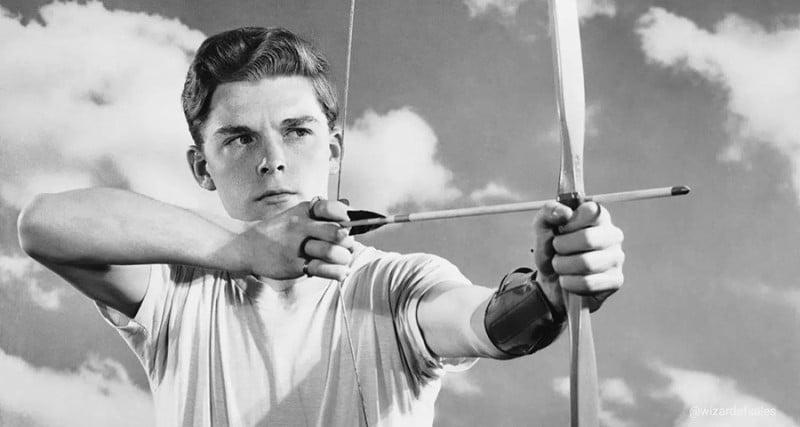
Once upon a time, there was a master plumber named Joe. His skill was unmatched, his reputation well-deserved. He was known far and wide, not just as a plumber, but a maestro of pipes and leaks. The secret to his success was a quiver full of arrows, each a different kind of competence. There were five in total, each one as important as the last.
The first arrow was Technical Competence, sharp and straight like a carpenter’s ruler. This arrow was all about precision and knowledge. It was about asking questions regarding the problem itself — like a detective piecing together a mystery. How severe was the leak? What type of bits and pieces were involved? What tools would he need for the task? The answers to these questions ensured that Joe was always technically prepared for the task at hand.
Next in Joe’s quiver was Social Competence, vibrant and energetic like the Town Square. This arrow allowed Joe to understand his customer’s needs. He’d ask about the duration of the problem, the impact on daily life, and the budget for repairs. By doing this, Joe not only understood the problem better but also deepened his bond with the customers.
The third arrow was Emotional Competence, as soothing as a calm Sea Captain amidst a storm. With this arrow, Joe gauged the emotional climate of the situation. The customer was anxious. Their routine disrupted. Just like a Captain reassures his crew in a storm, Joe used his emotional competence to bring comfort and calm to his customers throughout the repair.
Then came Cultural Competence, colorful and respectful like a world traveller. This arrow allowed Joe to assess the environment’s needs where the plumbing solution would exist. He’d ask if the household had specific times of heavy water usage, or if there were cultural norms he needed to respect while performing his work. Just like a good guest respects the customs of the land, Joe adjusted his work to align with each household’s unique way of life.
The last arrow in Joe’s quiver was Intellectual Competence, wise and thoughtful like an old owl. Joe used this to look at the bigger picture. He’d consider safety implications, local laws, and long-term sustainability. He’d ask: What safety issues could arise from this repair? What does the state building code say about such repairs? What solution will be most sustainable in the long run? This allowed Joe to ensure his work was not only effective but also safe, legal, and future-proof.
The tale of Joe teaches us that being a master of your craft is more than just skill. It’s about understanding people, asking the right questions, and respecting the environment you work in. Just like Joe, we too, can fill our quivers with these five arrows, using them to guide us in our work and our lives.
And remember, every situation is an opportunity to draw an arrow from our quiver, aim carefully, and hit the target.
- Futuristic Game for the Ad Masters - July 11, 2024
- Classical Conditioning: Pavlov’s Dog in Advertising - June 20, 2024
- Hear, See, Speak No Advertising - June 9, 2024
